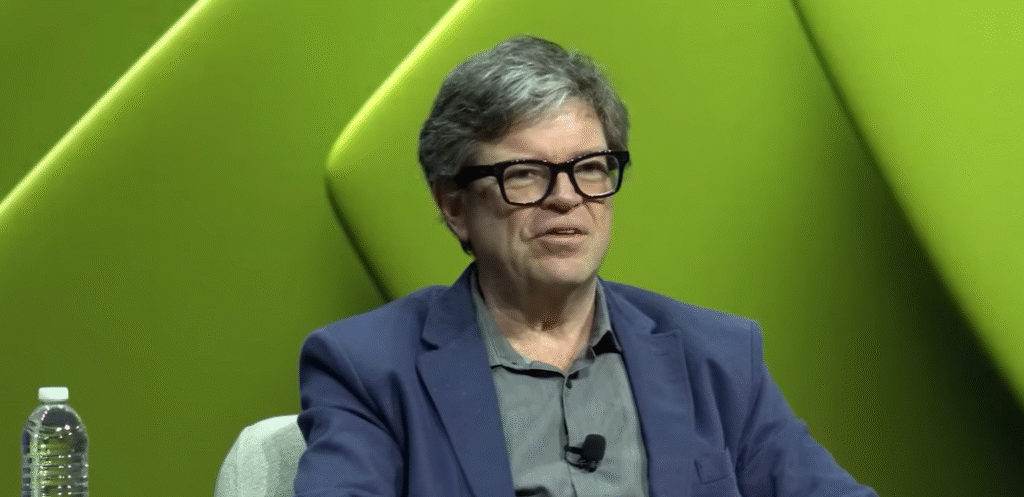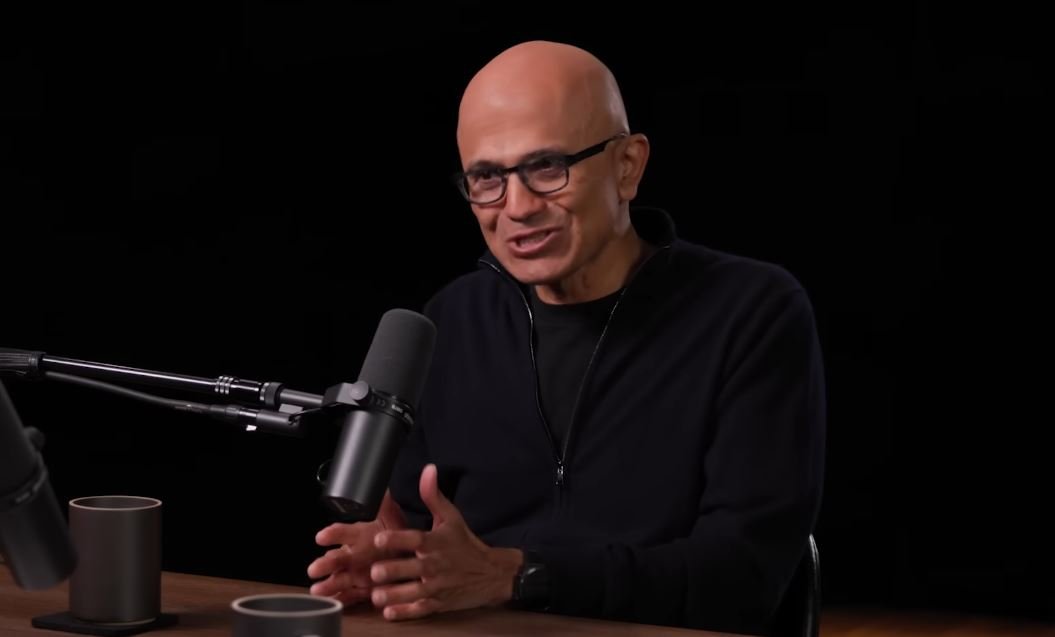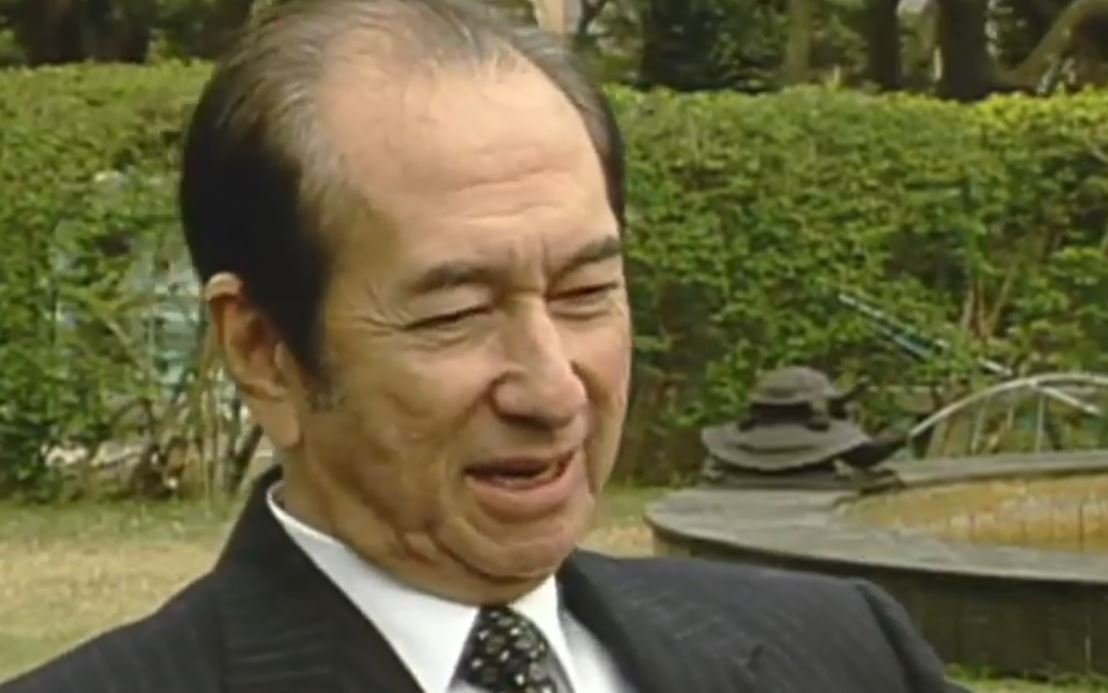The impact of Yann LeCun on artificial intelligence is fundamental rather than just technical. His legacy extends beyond university hallways to multinational tech behemoths, making him one of the most esteemed voices in machine learning. His net worth, which is estimated to be between $5 million and $20 million, provides a remarkably grounded picture for someone who is considered a pioneer of modern artificial intelligence, despite this astounding intellectual influence.
Researchers studying AI have gained more public attention in recent years. LeCun, Yoshua Bengio, and Geoffrey Hinton were all honored with the 2018 Turing Award, which is sometimes referred to as the Nobel of computers. This honor was given for decades of tenacious labor creating deep learning methods that are now essential to modern technology, not for a single innovation. Algorithms based on LeCun’s early research have proven astonishingly effective at deciphering complex data and turning static systems into adaptive, learning machines, from voice assistants to self-driving cars.
Yann LeCun – Bio, Career & Financial Overview
| Attribute | Detail |
|---|---|
| Full Name | Yann André LeCun |
| Date of Birth | July 8, 1960 |
| Birthplace | Soisy-sous-Montmorency, France |
| Nationality | French-American |
| Education | Ph.D. in Computer Science, Pierre and Marie Curie University |
| Known For | Deep Learning, Convolutional Neural Networks, Meta AI |
| Current Role | Chief AI Scientist, Meta (formerly Facebook) |
| Academic Affiliation | NYU Courant Institute of Mathematical Sciences |
| Major Awards | Turing Award (2018), Legion of Honour (2023), VinFuture Prize (2024) |
| Estimated Net Worth (2025) | $5 million to $20 million (Wikipedia) |
LeCun, who was born in France and later obtained U.S. citizenship, started his academic career at ESIEE Paris before going on to Pierre and Marie Curie University, where he obtained his Ph.D. His approach to neural networks was influenced by his early work with Geoffrey Hinton. He created LeNet, an early convolutional neural network (CNN), in the late 1980s while working at Bell Labs. This network served as the model for numerous vision-based AI applications. The foundation for optical character recognition systems used in the banking and logistics industries was established by this model, which demonstrated an incredibly clear design.

LeCun did not rush toward commercialization in spite of these significant advancements. He remained in the academic community, eventually becoming a professor at NYU and eventually assisting in the founding of its Center for Data Science. By taking this more deliberate, slower path, he concentrated on developing fundamental knowledge and coaching upcoming AI leaders. In a nod to the unsaid value of intellectual influence, he famously joked on X (now Twitter) that Wall Street CEOs would be jealous of the combined net worth of his PhD students.
LeCun has been the Chief AI Scientist at Meta since 2013. In this role, he maintains connections to academia while assisting in directing some of the company’s most ambitious research initiatives. His strategy has been very creative in maintaining the openness and collaboration of AI development. He was a co-founder of the International Conference on Learning Representations (ICLR), which established an open review process after publication that is now regarded as a model for academic transparency.
Although public assessments of his net wealth differ, they show a career motivated more by purpose than by self-interest. His wealth is estimated to be around $5 million by sites like bnet339.com, however it is closer to $20 million by coscocargo.com after accounting for inflation and stock growth. Unlike IT CEOs who make money off of AI through platforms and products, LeCun is still concentrating on research and policy debates. His participation in public forums and panels, such as those in Davos and international AI summits, points to a broader objective: guiding AI in an inclusive and morally responsible manner.
LeCun preserved his freedom by making calculated choices, such as declining an early Google employment offer. That decision allowed him the flexibility to create Meta AI from the ground up and mold it in accordance with his principles, even though it was financially restrictive at the time. He has continuously opposed exaggerated stories and speculative anxieties about AI, especially denouncing apocalyptic scenarios as diversion from pressing issues like algorithmic justice and equitable access.
The importance of AI increased dramatically during the pandemic. Neural networks that owe their fundamental logic to LeCun’s inventions were used extensively in contact tracing systems, medical imaging diagnostics, and remote collaboration tools. His voice became even more important in the context of digital acceleration, warning both technologists and policymakers that responsible AI deployment requires a thorough understanding of the technology.
His continued significance is further demonstrated by his latest honors. Along with other AI pioneers, he was awarded the VinFuture Grand Prize in 2024 for his work on neural networks. He was among those who received the Queen Elizabeth Prize for Engineering the following year, together with Jensen Huang and Fei-Fei Li. Despite being significant, these honors were given decades after his fundamental discoveries, demonstrating how value in scientific domains frequently develops gradually.
Compared to tech entrepreneurs who are riding the AI wave, LeCun’s small net worth is especially impressive. Sam Altman of OpenAI, Jensen Huang of Nvidia, and Demis Hassabis of DeepMind have all built empires on concepts that partially stem from the foundation LeCun established. However, he has refrained from aggressively commercializing his discoveries, in contrast to many of these luminaries. Rather, he is now a trusted counsel to companies, think tanks, and policy bodies that value transparency and openness.
LeCun’s influence has greatly decreased inefficiencies across businesses by incorporating AI into social systems. Digital interfaces have become very adaptable, healthcare diagnostics have become more accurate, and financial fraud detection has become much faster. His work rewires institutions, not simply electricity gadgets.
LeCun’s idea will probably continue to be crucial as artificial intelligence transforms global infrastructures in the upcoming years. Research labs all across the world are still guided by his theory of self-supervised learning, which holds that robots can learn patterns with little assistance from humans. According to LeCun, this approach is a step toward “common sense AI,” which might greatly increase the intelligence and autonomy of digital agents.









